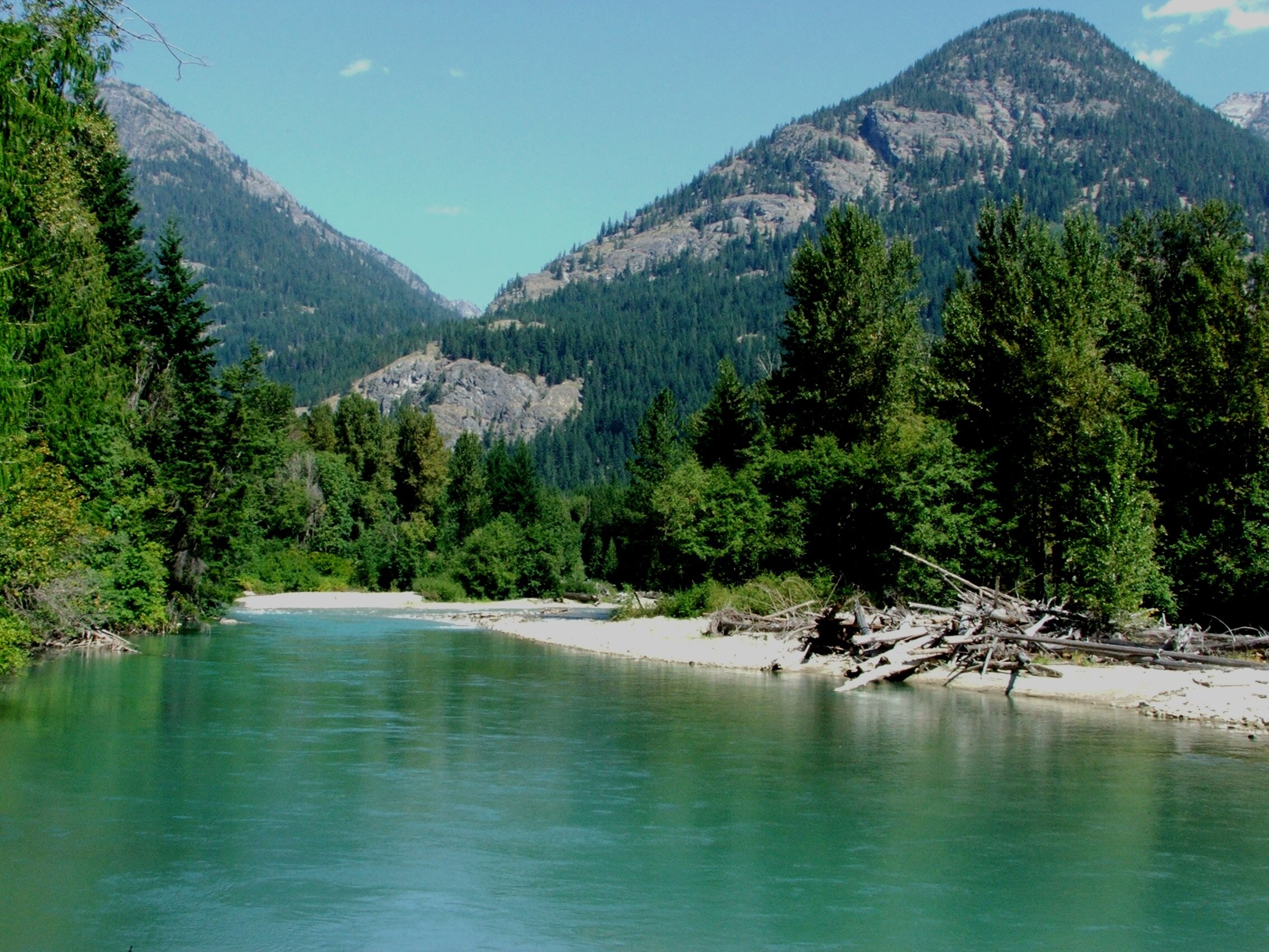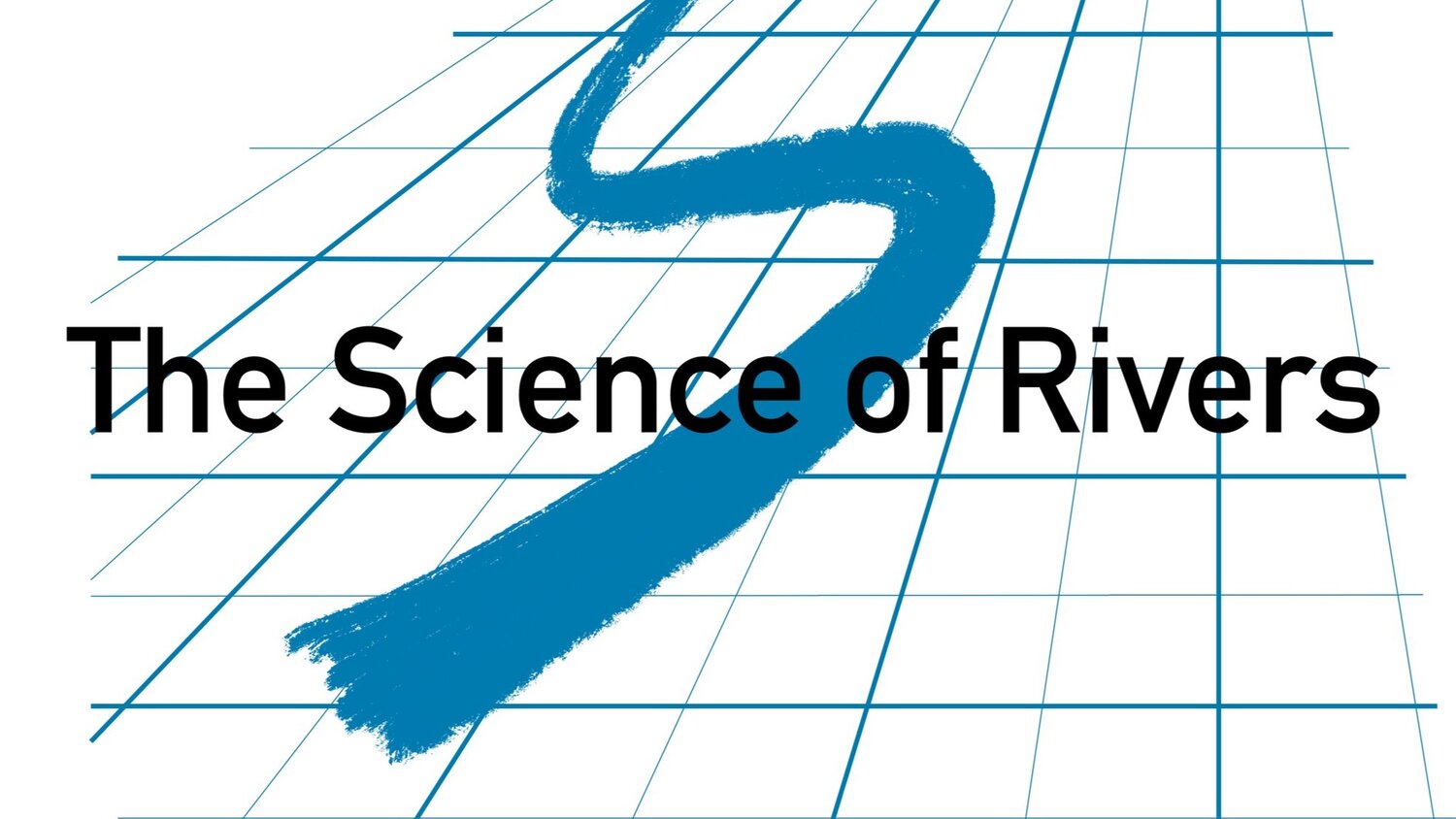
By understanding the science, we learn to love rivers for what they are.
Science is fun! Rivers are beautiful!
Why this website?
My name is Paul Bakke, and I am a river scientist. I have 30 years of experience working with rivers as a senior scientist with the U.S. Fish and Wildlife Service and the U.S. Forest Service. During this time, I often got into discussions with people about how rivers work. That is, how they move water, and other things like gravel, sand, and logs. How and why they flood. Why they look like they do. Why “messy” things like log jams are essential to what they do. How they change over time. I found that I didn’t have access to simple, easy to understand material to explain these things. There was stuff written for other scientists, and for teachers, but little for curious adults with no background in science. So, that is what I am creating here - a place for curious adults to learn the science of rivers.
Why is it important
Humans have lived with rivers since time immemorial. Mostly that history has been marked by struggle. Rather than live with rivers, using their gifts of water, fish and wildlife, forests, sand and gravel in ways that work with, rather than against, their natural processes, we humans have attempted to modify rivers into something else. We have taken out too much water. We have built too many dams, and built them in the wrong places. We have cut down the forests and put farms, roads, houses and factories on their banks. We have lined them with rock and concrete to restrict their movement and prevent floods. In doing this, we have greatly diminished the gifts that rivers provide: plentiful fish, clean water, lush corridors for birds and wildlife, soil replenishment. And we have taken over expensive ecological maintenance tasks that the rivers used to perform for free. It will take improved public understanding of river science to change our relationship with rivers.
The future
Through curiosity and an open mind, learning can be fun! Curiosity leads to understanding. Understanding forms the framework for better appreciation of rivers and what they do. And those who appreciate rivers will then have the knowledge to protect them from harm. It’s all about sustainability. - working with the river, rather than against it, so that it can maintain itself over the long term. Rivers have inspired art and literature, spiritual experiences, travel, trade and innovation for countless generations. Through understanding, appreciation, and protection of the processes that sustain them, let the rivers continue to offer their gifts to the generations yet to come.
My qualifications
Geomorphologist, U.S. Fish and Wildlife Service (2000 -2019; Lacey, Washington)
Hydrologist, U.S. Forest Service (1991-2000; Siskiyou and Winema National Forests, Oregon)
Licensed Geologist, State of Washington, No. 2196
Certified Professional Hydrologist, American Institute of Hydrology, No. 1517
My consulting business
My professional expertise is in fluvial geomorphology, hydrology, fluid dynamics, sediment transport, and process-based river restoration. Although the main focus of The Science of Rivers is education, I am participating in work that brings this expertise to bear on science-based river management, restoration and teaching. I am based out of Olympia, Washington.
Current projects:
Development of software tools and guidance for interpretation and modeling of sediment transport in gravel-bed rivers and streams
Stream channel, hyporheic zone and floodplain restoration in urban settings
My vision
“I seek to bring an understanding of the science of rivers to people throughout the world, so that they may appreciate the rivers that are a part of their home landscape and protect them for future generations.”
